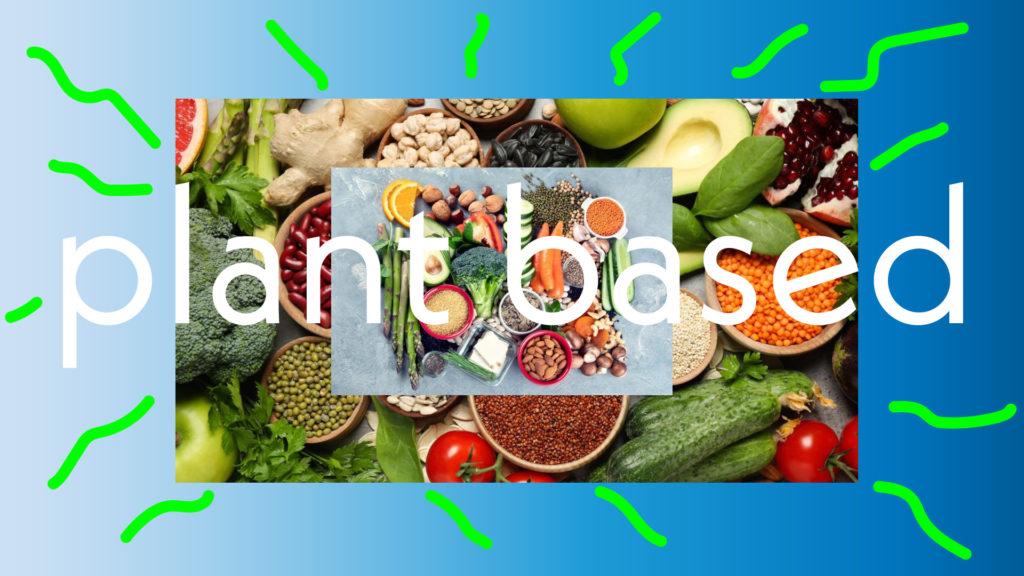Plant-based nutrition has been associated with several health benefits. Here are some ways in which adopting a plant-based diet can positively impact your health:
- Increased Nutrient Intake: Plant-based diets tend to be rich in vitamins, minerals, fiber, and phytonutrients. By focusing on a wide variety of plant foods such as fruits, vegetables, whole grains, legumes, nuts, and seeds, you can increase your intake of essential nutrients that support overall health and well-being.
- Reduced Risk of Chronic Diseases: Plant-based diets have been linked to a lower risk of developing chronic conditions such as heart disease, type 2 diabetes, high blood pressure, and certain types of cancer. The high fiber content and lower levels of saturated fat and cholesterol in plant-based foods contribute to these health benefits.
- Weight Management: Plant-based diets can be effective for weight management or weight loss due to their high fiber content and lower calorie density compared to many animal-based foods. The emphasis on whole, minimally processed plant foods can help you feel fuller for longer, reducing the likelihood of overeating.
- Improved Digestive Health: The fiber found in plant-based foods supports a healthy digestive system by promoting regular bowel movements, preventing constipation, and supporting the growth of beneficial gut bacteria. This can contribute to a healthier gut microbiome and improved overall digestive health.
- Lower Inflammation Levels: Plant-based diets are often associated with lower levels of inflammation in the body. Chronic inflammation is linked to various diseases, including heart disease, diabetes, and certain cancers. The anti-inflammatory properties of many plant foods, such as fruits, vegetables, whole grains, and spices, can help reduce inflammation and promote better health.
It’s important to note that adopting a plant-based diet does require careful attention to ensure you receive adequate nutrients, particularly vitamin B12, iron, calcium, omega-3 fatty acids, and iodine. It may be beneficial to consult with a registered dietitian or healthcare professional to ensure you are meeting your nutritional needs through a well-balanced plant-based diet.
Additionally, individual dietary preferences and health conditions may vary, so it’s important to find an approach that works best for you and supports your overall health goals.



